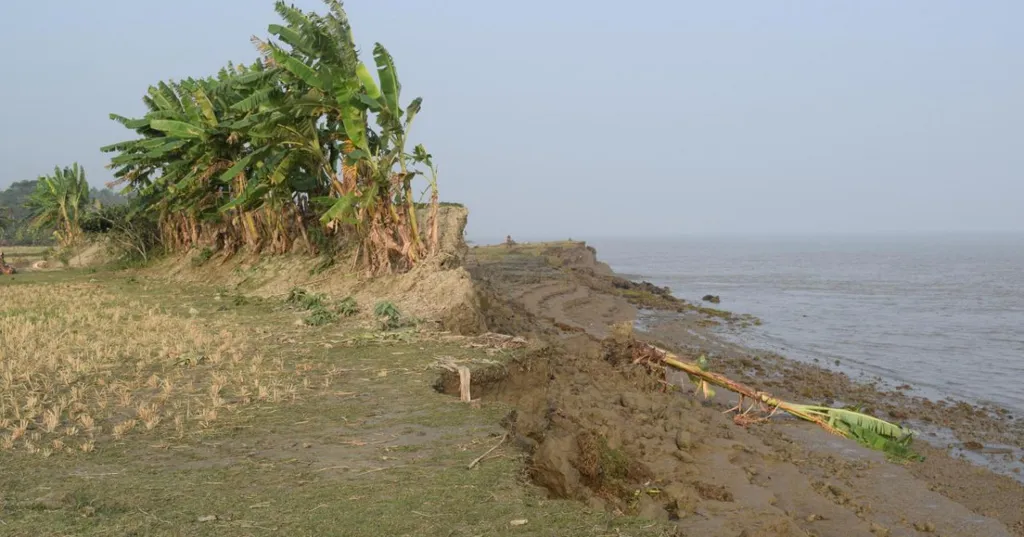In the heart of Bangladesh’s coastal region, a silent battle against climate change is being waged, one adaptation at a time. A recent study published in ‘Heliyon’ by Susmita Howlader Muna of the Department of Disaster Risk Management at Patuakhali Science and Technology University sheds light on the vulnerabilities and adaptabilities of coastal livelihoods in the face of natural disasters.
The study, conducted in the Galachipa area of Patuakhali, reveals a stark reality: approximately 70% of the surveyed families are illiterate, yet they are actively adapting to diversified livelihood practices to combat the impacts of climate change. The region’s economy, heavily reliant on resource-based living practices, is particularly vulnerable to disasters like cyclones, storm surges, and floods.
The research highlights the Big Seven adaptive mechanisms employed by the local population. These include diversified livelihoods, multiple cropping, climate-smart farming, polyculture farming, irrigation-based agriculture, weather-focused agricultural and fishing practices, and heat-controlled animal husbandry. These strategies are a testament to the resilience and ingenuity of the coastal communities.
“More interestingly, the Big Seven adaptive mechanisms combining the endogenous and scientific techniques the people follow were diversified livelihood, multiple cropping, climate-smart farming, polyculture farming, irrigation-based agriculture, weather-focused agricultural and fishing practices, and heat-controlled animal husbandry,” the study notes.
The commercial impacts of these adaptations on the agriculture sector are significant. Diversified livelihoods and climate-smart farming practices can enhance crop resilience, ensuring food security and economic stability. Polyculture farming and irrigation-based agriculture can improve yields and reduce the risk of total crop failure due to extreme weather events.
The study also underscores the need for integral development plans that include education, infrastructure development, and training to cope with catastrophes. This holistic approach can empower communities to better adapt to climate change and build more sustainable livelihoods.
As we look to the future, this research underscores the importance of understanding and supporting local adaptations to climate change. It calls for a collaborative effort between policymakers, researchers, and communities to develop strategies that are both scientifically sound and culturally appropriate. The insights gained from this study can shape future developments in the field, ensuring that the agriculture sector remains resilient in the face of climate change.

